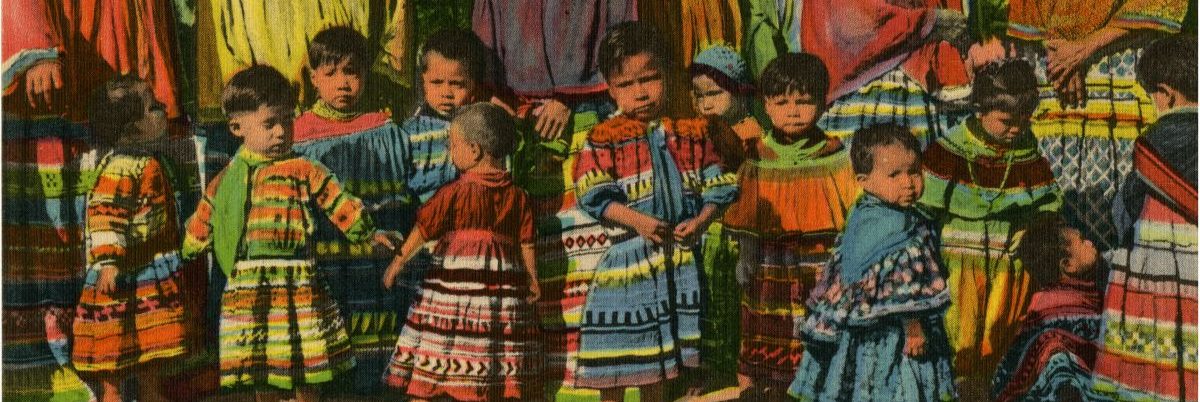A vital part of my teaching pedagogy involves metacognition and reflective writing. The following are excerpts from mid-course and final...
Written by Michelle Colyar for Prof. David Loomis’ Journalism 120 course at IUP; published with permission of author and subject...
Bridging Passion and Profession: Supporting Agency and Investment in Multilingual University Writers
"The authors sought to look back at the trajectory of their experiences in a second language communication and composition course in order to more deeply understand the roles of agency and investment in their own and fellow classmates' learning."
"In this brief, animated autoethnography, I utilize the concept of a sociocultural third space to consider why evocative autoethnography can benefit from its own literary and arts journal."
EDUCATION Interested in creative expression and psychological development, I began my education with a focus on counseling and expressive arts...
Poster presented at South Atlantic Modern Language Association (SMLA) conference in Jacksonville, FL, 2016 See the full-sized poster here: poster-for-conference-2-1...
This manuscript - a duoethnography - seeks to examine the rationale for the increased use of autoethnography as a tool to promote/support language learner autonomy.
"Two main themes, the loss of control and isolation, are examined, and an existential interpretation is paired with insight from Buddhist psychology. Finally, we conclude with implications for future research in sport and migration studies as well as practical considerations for the use of autoethnography in psychological research and practice."
PHILOSOPHY OF TEACHING “To love what you do and feel that it matters, what could be more fun?” In the...
Harrison, M. (2010). The scented word: Context, intrigue and the problem of olfactory literacy. Household and Personal Care, Supplement. January,(1), 6-10. ABSTRACT:...
"The panel defined artistic perfumery as a type of creative design where the perfumer is not necessarily limited by someone else's concept, brief, or vision. Art itself lies at the core of artistic perfumery and as such, the panel addressed how such art can be judged and critiqued."
"In an on-going effort to challenge stereotyping, and correct the current nature of education concerning American Indians, the NMAI will devote the required scholarship to inform and assess these permanent visual statements."











